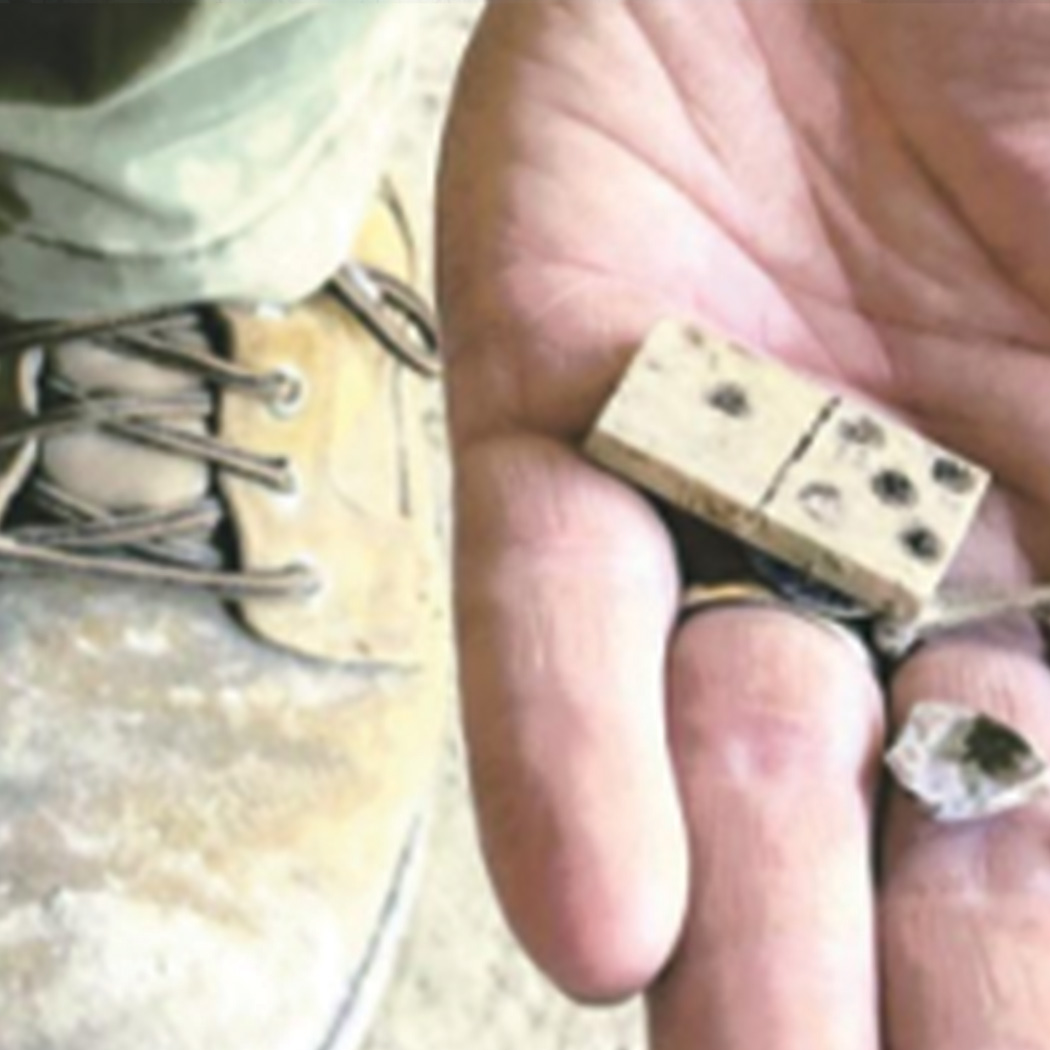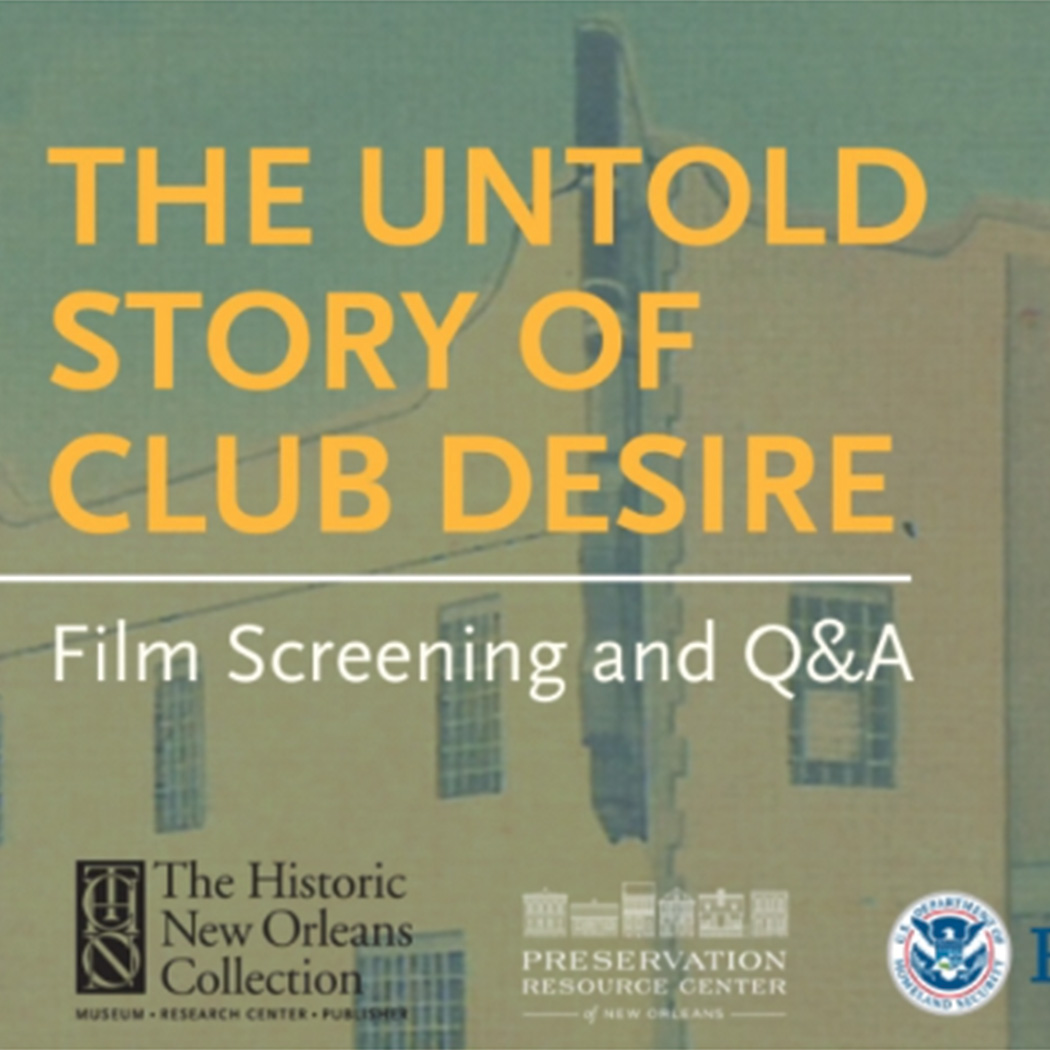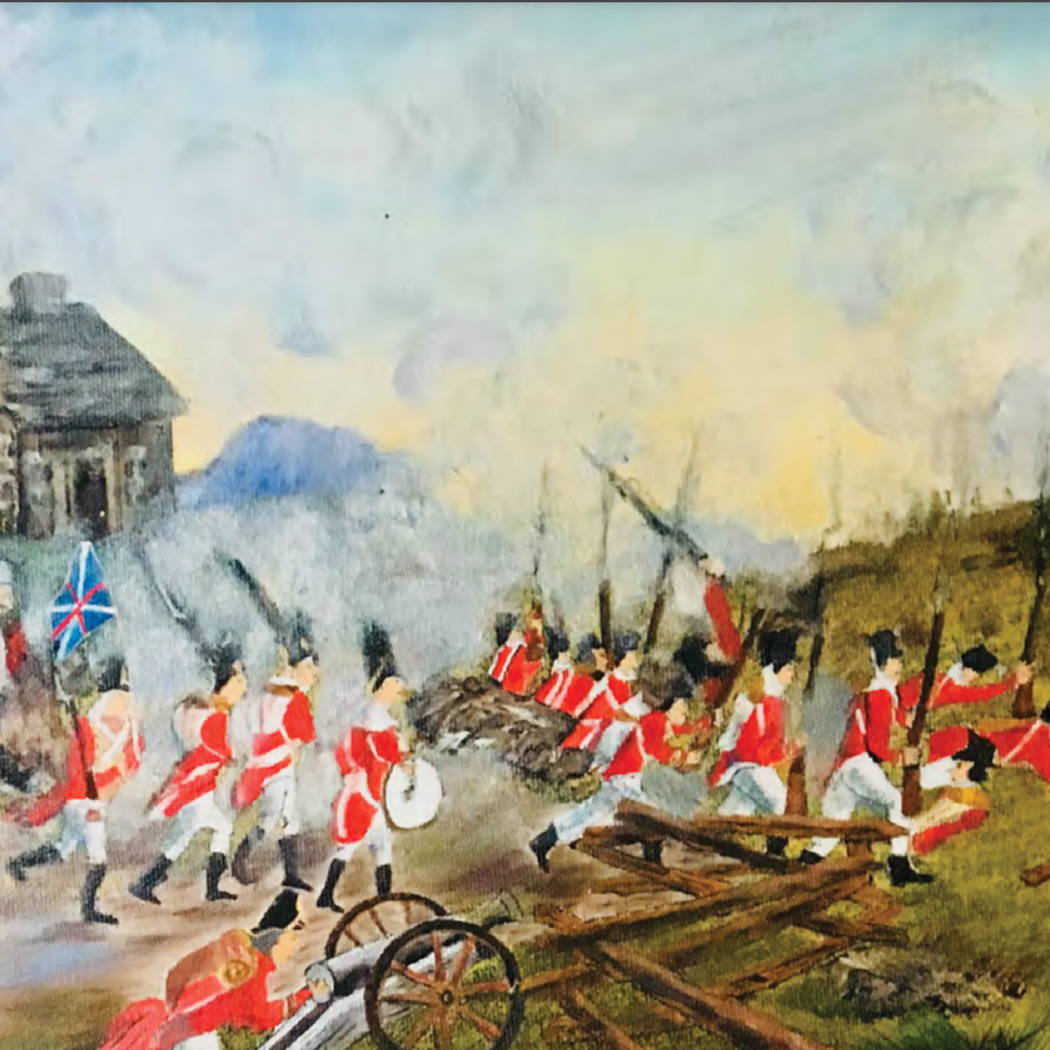Goodwin & Associates in the News
History Underfoot
The Gambit New Orleans covered urban archaeology with input from our own Nathanael Heller. “Right now, New Orleans has an unparalleled focus on archaeology compared to the rest of the country…” [read more]
The Untold Story of Club Desire
The Historic New Orleans Collection (THNOC) and the Preservation Resource Center of New Orleans (PRCNO) co-presented a virtual screening of R.C. Goodwin & Associates’ The Untold Story of Club Desire, a 28-minute film that documents the history and legacy of Club Desire, “the downtown club with uptown ideas.” [read more]
An Educational Module on Urban Historical Archaeology
Teach archaeology to 6th-7th graders using our complete educational materials.
Fort Wooster Park – Bridging Connecticut’s Native American and Revolutionary Past
Goodwin & Associates authored this publication which describes the history and archaeology of Fort Wooster, Connecticut. “Fort Wooster, as it is known today, served in the defense of New Haven and its environs during the Revolutionary War, and again during the War of 1812. However, human activity at the site on New Haven’s East Shore has a much longer history…” [read more]



